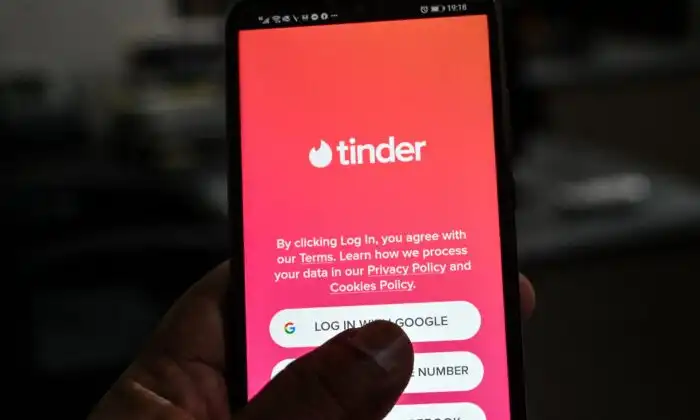Dating Apps Alleged to Manipulate Users with Dopamine to Hook Them, Lawsuit Claims
Dating apps are designed to be addictive, not to facilitate meaningful relationships, according to a recent lawsuit. The company denies the claim.
The lawsuit filed against Match Group Inc. by a law firm representing six plaintiffs alleges that the popular dating apps Tinder, Hinge, and The League are designed to be addictive rather than facilitating meaningful relationships.
The complaint accuses Match Group of intentionally designing the platforms with addictive, game-like features to lock users into a perpetual pay-to-play loop, prioritizing corporate profits over customers' relationship goals. It claims that the company violates consumer protection laws and utilizes strategies to "capture and sustain" subscribers rather than facilitating their journey to find a partner.
The lawsuit alleges that the apps rely on intermittent variable rewards (IVR), a reinforcement schedule derived by psychologist B.F. Skinner, which triggers stronger psychological responses and creates psychological rewards similar to what entraps gambling addicts. It also mentions that Jonathan Badeen, Tinder's co-founder, and Chief Science Officer, was inspired by Skinner's experiment to introduce IVR to the birds' feeding schedule.
In response to the lawsuit, a Match Group spokesperson stated that it has zero merit and that the company actively strives to get people on dates every day and off their apps. The spokesperson emphasized that their business model is not based on advertising or engagement metrics and that anyone who states otherwise doesn't understand the purpose and mission of the entire industry.
The rise of the internet has allowed individuals to meet romantic partners without the personal intermediation of their friends and family. The study reveals that dating sites and apps vary widely by age, with younger users more likely to use Tinder, while older users are more likely to use Match.
According to the report, 53% of dating app users report a "somewhat positive" experience, while 14% report a "very positive" experience. However, experts have reported that online addiction can manifest in several ways, with each platform giving the brain a rush of dopamine to which the user can become addicted.
Cognitive neuroscientist Trish Leigh explained that dating apps like Tinder can hook users by exciting them about the potential of meeting for objectified sexual gratification and pleasure, which are dopamine-producing activities. She suggested that people should involve themselves in activities where they can make a genuine connection with other potential partners instead of seeking quick, pleasure-seeking events on dating apps.











Comments on Dating Apps Alleged to Manipulate Users with Dopamine to Hook Them, Lawsuit Claims